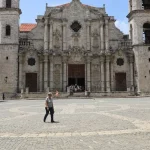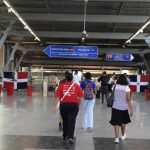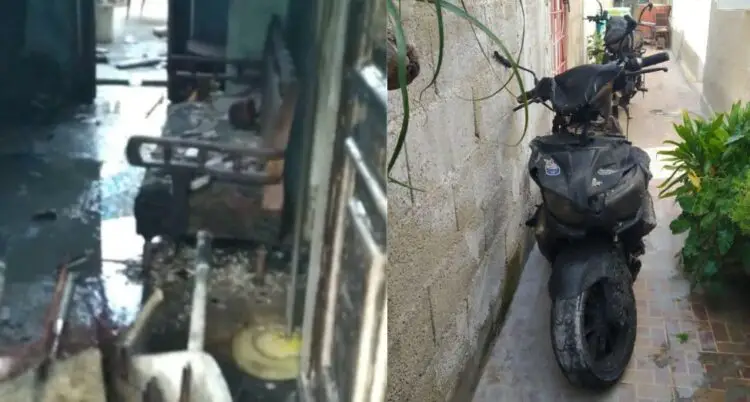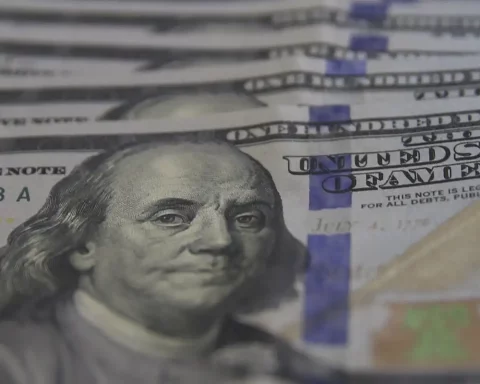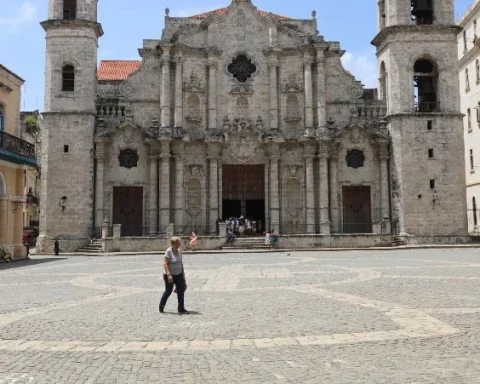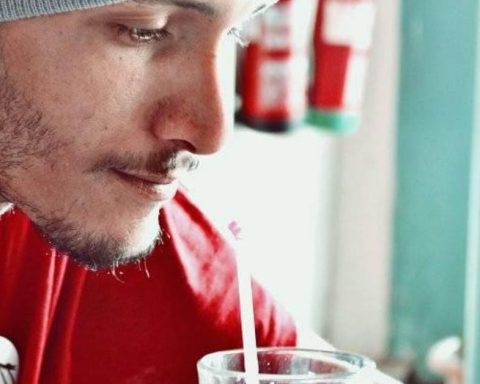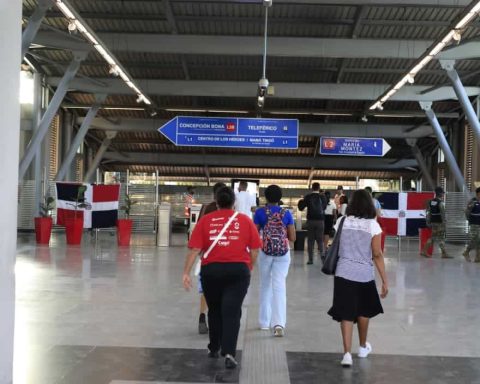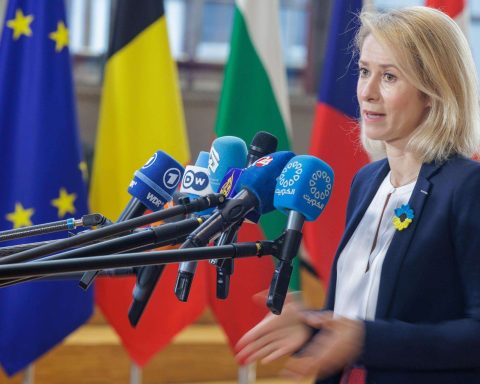The specter of ungovernability once again threatens Ecuadorwhere the right-wing president Guillermo Lasso dissolved this Wednesday the Congress dominated by the opposition left, which was preparing to remove him for alleged corruption.
“It marks a scenario of greater and deeper political instability”the political scientist Paulina Recalde told AFP after the decree signed on Wednesday by Lasso to apply this constitutional power, which will lead to early general elections to complete the 2021-2025 period.
– What happened? –
Before a vote on his removal was cast in an impeachment trial that began Tuesday, the ruler -accused of alleged embezzlement in oil transport contracts- dissolved the unicameral National Assembly for the cause of “serious political crisis and internal commotion”.
Lasso, 67, also put his tenure in office at stake, which he arrived in May 2021. with a credibility of 70% that two years later stands at 10%, according to the private polling firm Perfiles de Opinión, directed by Recalde.
– Winners –
Faced with the wear and tear of the right, represented by Lasso, analysts estimate that the early elections will be a great opportunity to regain ground for the left.
Especially for the movement led by former president Rafael Correa (2007-2017)Citizen Revolution, and for the political arm of the indigenous people, Pachakutik, the two main forces in the Legislature, although without being a majority.
Correísmo had 49 of the 137 seats and Pachakutik with 24, while the ruling party managed just a dozen.
– Presidential election –
Lasso, who achieved the presidency in his third attempt by defeating correísmocan be a candidate again, as the Constitution allows re-election only once.
According to Recalde, Lasso lacks popular support because “9 out of 10 Ecuadorians do not believe him” and is under accusation of corruption.
Correa, who triumphed in the 2007, 2009 and 2013 elections, was prevented from being a candidate with the modification of the Magna Carta by his former ally and former president Lenín Moreno (2017-2021), which eliminated the indefinite re-election promoted by his predecessor.
Besides, on the ex-president, exiled in Belgium since he left power, weighs a prison order issued by the Ecuadorian justice, which in 2020 He sentenced him to eight years in prison for bribery, a crime that does not prescribe in Ecuador.
– Instability –
“We are in a prolonged cycle of political instability and organic crisisto the extent that there are several crises that we are experiencing,” Recalde maintained in the face of other problems such as insecurity linked to drug trafficking, distrust in State institutions and economic ones.
Ecuador faced the worst period of democratic instability in its history between 1996 and 2007, in which it came to have seven leaders, until the assumption of Correa.
Three rulers elected at the polls were overthrown amid indigenous revolts and other sectors, with the intervention of Parliament in one way or another, which for example declared the mental incapacity -without medical verification- to govern the populist Abdalá Bucaram in 1997.
– Protests and military –
The so-called Popular Front, which brings together workers, teachers, peasants, students and women’s groups, called for protests against Lasso, that now it can govern by issuing decree-laws of economic urgency, but with a prior favorable opinion of the Constitutional Court.
“The streets will be the stage in which we will defend the rights and freedoms (…) that today would be at stake as a result of a dictator,” said its leader, Nelson Erazo.
The Armed Forces and the National Police expressed that the dissolution of Congress is framed in the Magna Carta and that they are “sure that the country will not accept any attempt to alter the constitutional order through violence to attack democracy.”
They added that they will act “firmly” to protect rights and urged unity “to maintain a climate of respect for the law without confrontations, without violence”.








